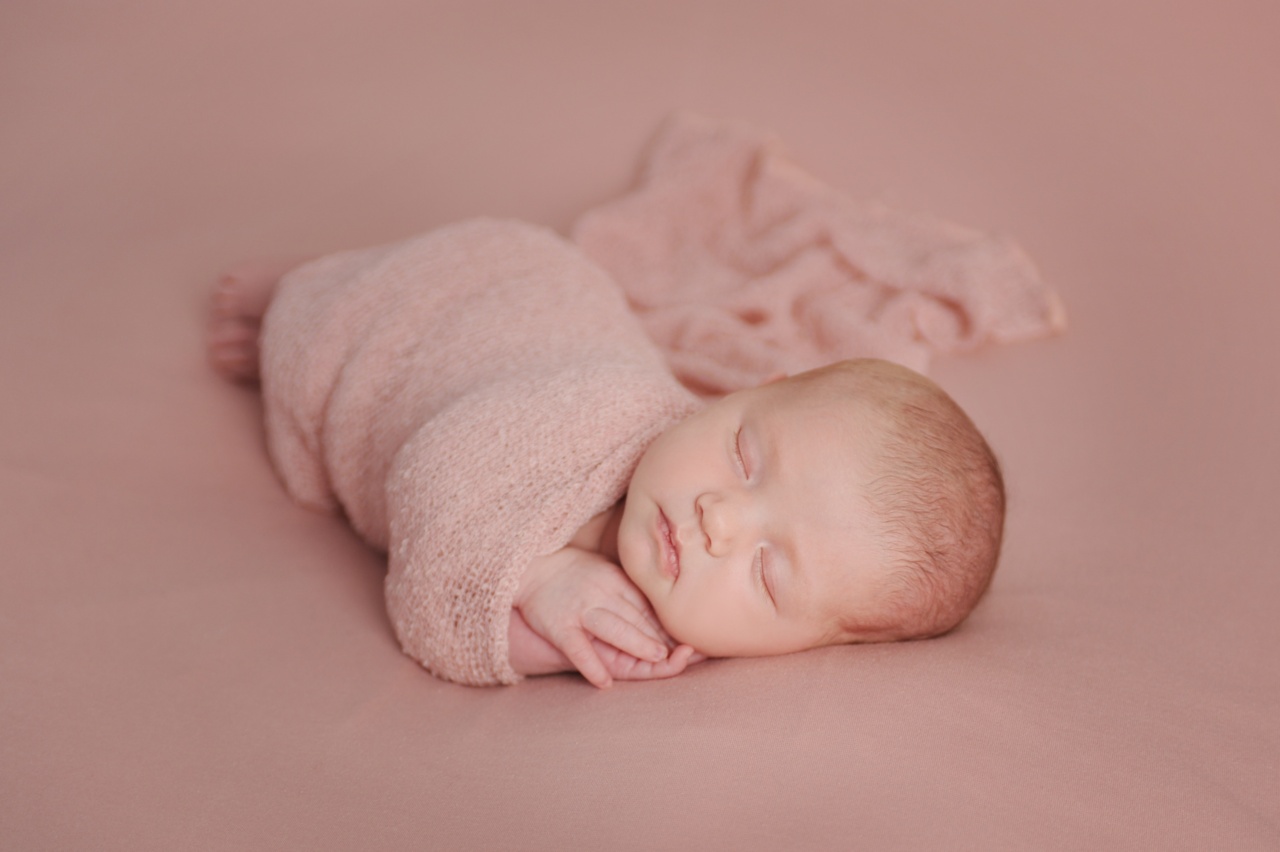Every parent wants their child to have a good night’s sleep. When your child is restless, it’s only natural to want to find a solution to help them relax and get the rest they need.
However, it’s important to be aware that not all sleeping aids are safe for kids.
In fact, some can be downright dangerous. Let’s explore some of the most common unsafe sleeping aids for kids, and why you should avoid them.
1. Over-the-Counter Medications
Many parents turn to over-the-counter (OTC) medications such as antihistamines, cough medicines, and pain relievers to help their kids sleep. However, these medications can be risky, especially when given without proper medical advice or supervision.
Antihistamines, in particular, are commonly used for their sedative effects. While they may make your child feel drowsy, they can also cause a range of side effects such as dry mouth, blurred vision, and constipation.
They can also interact with other medications your child may be taking, which can be dangerous.
Cough medicines and pain relievers can also have adverse effects on your child’s sleep, and can be dangerous if not used correctly. For example, some cough medicines contain codeine, which is an opioid and can be habit-forming.
Pain relievers such as acetaminophen and ibuprofen can cause liver damage or ulcers if taken in excessive amounts.
2. Melatonin Supplements
Melatonin is a hormone produced by the body that helps regulate sleep. It’s also available in supplement form, and is often marketed as a natural sleep aid.
However, there is limited research on the safety and effectiveness of melatonin supplements for kids. The American Academy of Pediatrics (AAP) recommends against the use of melatonin supplements in healthy children.
One concern is that melatonin supplements can interfere with the body’s natural production of the hormone. This can have unintended consequences in the long term, especially if used on a regular basis.
In addition, since melatonin supplements are not regulated by the FDA, the quality and safety of these products can vary widely.
3. Herbal Remedies
Herbal remedies such as chamomile, lavender, and valerian are often touted as natural sleep aids. While these herbs may have relaxing properties, there is limited evidence to support their effectiveness as sleep aids.
In addition, herbal remedies are not subject to the same regulations as medications, so the purity, potency, and safety of these products cannot be guaranteed. Some herbal remedies can also interact with other medications, which can be dangerous.
4. Prescription Sleep Medications
Prescription sleep medications such as benzodiazepines and non-benzodiazepine hypnotics are sometimes used to treat insomnia in adults. However, these medications are not recommended for children, due to the risks of side effects and dependence.
Benzodiazepines can cause drowsiness, confusion, and memory problems. They can also be addictive if used for an extended period of time.
Non-benzodiazepine hypnotics such as zolpidem can cause similar side effects, as well as hallucinations and sleepwalking.
5. Electronic Devices
Many kids enjoy using electronic devices such as smartphones and tablets before bedtime. However, the blue light emitted by these devices can interfere with the body’s production of melatonin, making it harder for your child to fall asleep.
In addition, using electronic devices before bed can be stimulating for kids, increasing their alertness and delaying sleep onset.
It’s recommended to establish a “digital curfew” in your household, and have your child turn off electronic devices at least an hour before bedtime.
6. Alcohol
Some parents may use alcohol as a sleep aid for their kids. However, alcohol is not a safe or effective sleep aid for children. In fact, it can be extremely dangerous.
Alcohol can depress the respiratory system, leading to shallow or irregular breathing. In extreme cases, this can result in coma or death.
In addition, alcohol can disrupt the body’s natural sleep cycle, leading to poor quality sleep and daytime drowsiness.
7. Caffeine
Caffeine is a stimulant that can interfere with your child’s ability to fall asleep.
While many parents may be aware of the caffeine content in soda and coffee, it’s also important to be mindful of other sources of caffeine such as chocolate, tea, and even some medications.
It’s recommended to avoid caffeine consumption in the afternoon and evening, and to limit your child’s caffeine intake overall.
8. Uncomfortable Sleeping Environment
While not technically a sleep aid, the environment in which your child sleeps can have a huge impact on their ability to sleep well. It’s important to create a comfortable and conducive sleep environment for your child.
This may include a dark, quiet room with a comfortable temperature and bedding, and a consistent bedtime routine. Reducing noise and distractions can also help your child relax and fall asleep more easily.
Conclusion
While it’s understandable to want to help your child get a good night’s sleep, it’s important to be aware of the risks and dangers associated with some sleep aids.
By avoiding unsafe sleeping aids and creating a healthy sleep environment, you can help ensure that your child gets the rest they need to thrive.




























